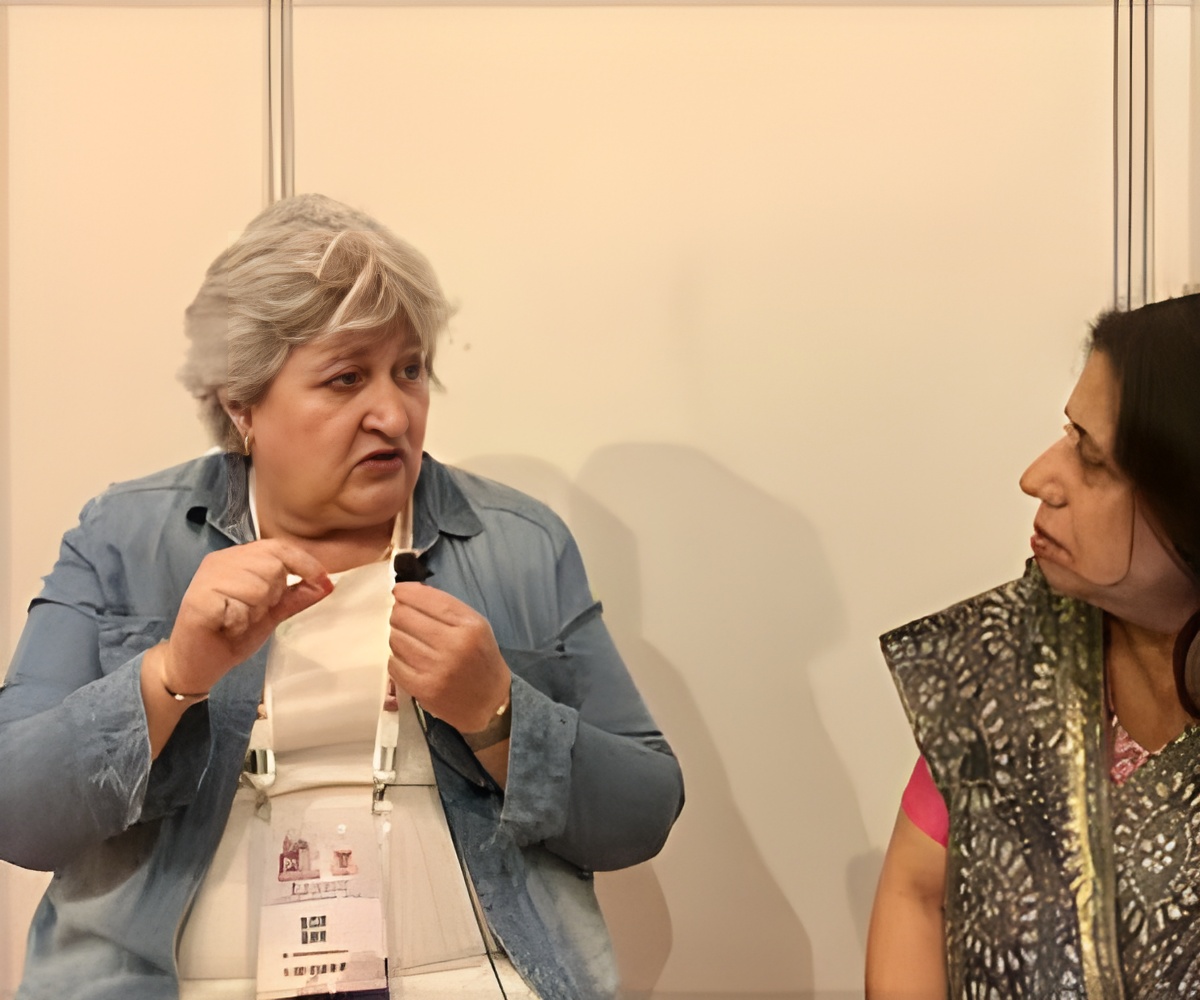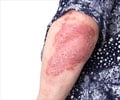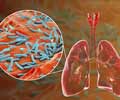Tuberculosis (TB) is preventable and curable. But, it still remains the biggest-killer-infectious-disease worldwide. According to the latest WHO Global TB Report 2019, 1.5 million people died of TB last year.

‘According to the latest WHO Global Tuberculosis (TB) Report 2019, 1.5 million people died of TB last year. TB is preventable and curable. But, still remains the biggest-killer-infectious-disease worldwide.’
Read More..




"TB is a disease that can be prevented and treated. So there is not much excuse, as we can do much better. We know that TB preventive therapy is effective, and is also effective in people living with HIV, but the uptake globally is very poor. Very few people with HIV (who are at greater risk of progressing from latent TB to active TB disease), are offered TB preventive therapy" said Dr Susan Swindells, Professor, Department of Internal Medicine, and Medical Director, Speciality Care Clinic, University of Nebraska Medical Center in USA. Read More..
She spoke with CNS (Citizen News Service) at the 12th National Conference of AIDS Society of India (ASICON 2019) in Chennai, India.
Dr Susan Swindells, who is a senior scientist on HIV and TB (and latent TB), reflects on reasons for poor uptake of TB preventive therapy. "Reasons for that are several. First of all, conventional TB prevention therapy takes a long time. It is at least 6 or 9 months. TB treatments have side effects. TB drugs have not developed as quickly as drugs for HIV. Now we have HIV drugs that are very potent and work extremely well with basically no side effects, but for TB we are still dealing with drugs that have side effects."
Healthcare providers need to rule out active TB disease before starting TB preventive therapy. But diagnosing active TB disease could be challenging at times, such as in some people living with HIV. This is also one deterrent for healthcare providers that dissuades them from offering TB preventive therapy without knowing for sure that the person has no active TB disease. But it is becoming easier now to exclude active TB disease with new and more specific and sensitive diagnostic tools, and increasing availability and accessiblity of such tools in high burden nations.
Shorter One-Month TB Preventive Therapy Gives Hope
Advertisement
"The beauty of one month TB preventive treatment is that completion rates (number of people that completed the treatment) is the highest that is ever seen because taking treatment for a month is possible for most people than longer duration therapies for six months. Because one month was short there were fewer side effects and this one-month therapy for TB prevention was as effective as longer duration therapies. So we are excited that the WHO is looking at including this in their guidelines, and we hope there will be greater uptake of this one month TB preventive therapy in many countries globally, including in India" said Dr Swindells.
More Potent Drug is Not Yet Available Everywhere: Why?
"Rifapentine which is a more potent drug than rifampin or rifampicin unfortunately is not yet available everywhere. I believe the approval in India is pending as we speak. It is approved in a few countries, but right now it is a lot more expensive than the standard therapy" said Dr Swindells. Dr Ishwar Gilada, who is a member of government of India's Technical Working Group on latent TB infection, informed that very recently 3HP (rifapentine and isoniazid, given once weekly for 3 months) has been approved and will be soon made available in national TB programme.
Dr Swindells called for dual actions for improving access to rifapentine to those in need: 1) lobby with the manufacturer to reduce the cost; and 2) and ideally, getting the generic drug manufacturers in India to make a combination tablet that will be easier for patients. She said as per current evidence and guidelines, people living with HIV will benefit from TB preventive therapy whether they have latent TB infection or not (with or without test for latent TB).
Dr Srikant Tripathy, Director of National Institute for Research in Tuberculosis (NIRT) of the Indian Council of Medical Research (ICMR) said in ASICON 2019 that there are 3 new studies about to begin on TB preventive therapy in NIRT.
One study with The Aurum Institute in South Africa will evaluate if giving 3HP (rifapentine and isoniazid, given once weekly for 3 months) once in a year, and repeating it in the second year, will provide any additional protection. But getting rifapentine was a problem for this study. Second new study on TB preventive therapy at NIRT will evaluate feasibility of introducing 3HP in national TB programme of India (formally called the Revised National TB Control Programme). Third new study on TB preventive therapy at NIRT will assess if we can reduce transmission of TB by providing 3HP to all household contacts regardless of age.
Speaking on side effects of TB preventive therapy (TPT), Dr Susan Swindells shared that "There are two important side effects of TPT: it can cause inflammation of the liver and hepatitis which can be quite severe rarely – this is something we need to be watchful about to make sure that people do not get liver inflammation. The other side effect is peripheral neuropathy which effects the nerves mostly of the hands and feet and starts with numbness and tingling before it can progress to a painful condition - if it is not recognized then it could become irreversible. These are the 2 most serious side effects that can happen in a very small number of people who take TPT."
Dr Swindells shares her concern on alarming diabetes rates in several countries including India. Research needs to answer lot more questions on drug-drug interactions and best treatment options for people with multiple conditons such as diabetes, TB, HIV among others.
In lead up to the World AIDS Day 2019, Dr Swindells hopes for a long-acting drug for TB too (an area of research she may pursue soon) just like a long-acting injection therapy for people living with HIV has proven to work (2 drugs for HIV given together by injection every month or in some cases, every other month).
Shobha Shukla – Citizen News Service (CNS)
Source-Medindia












